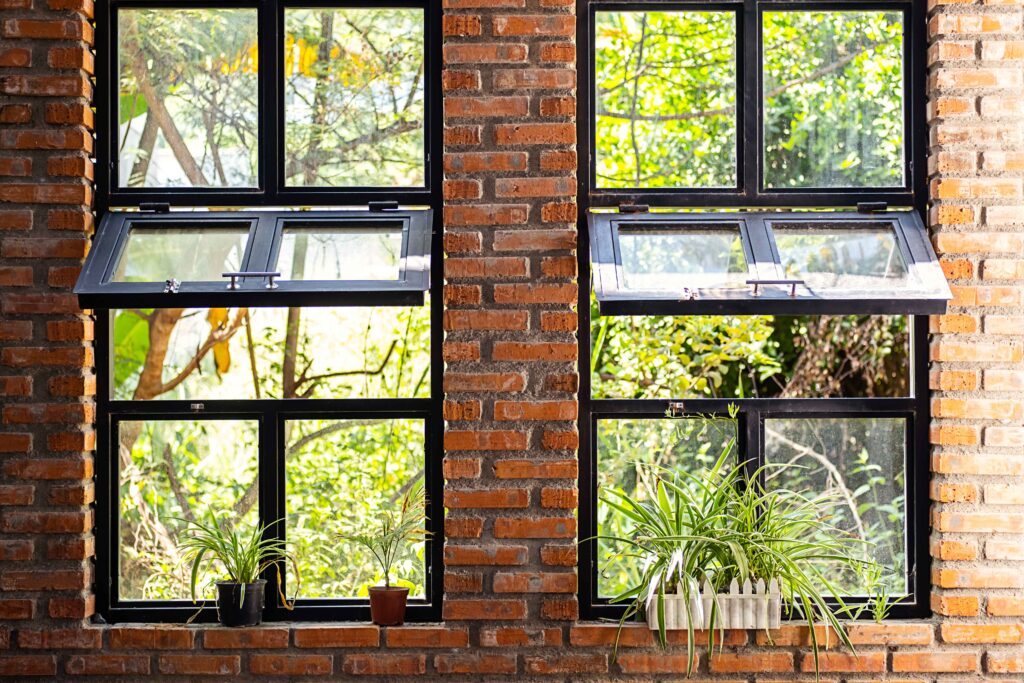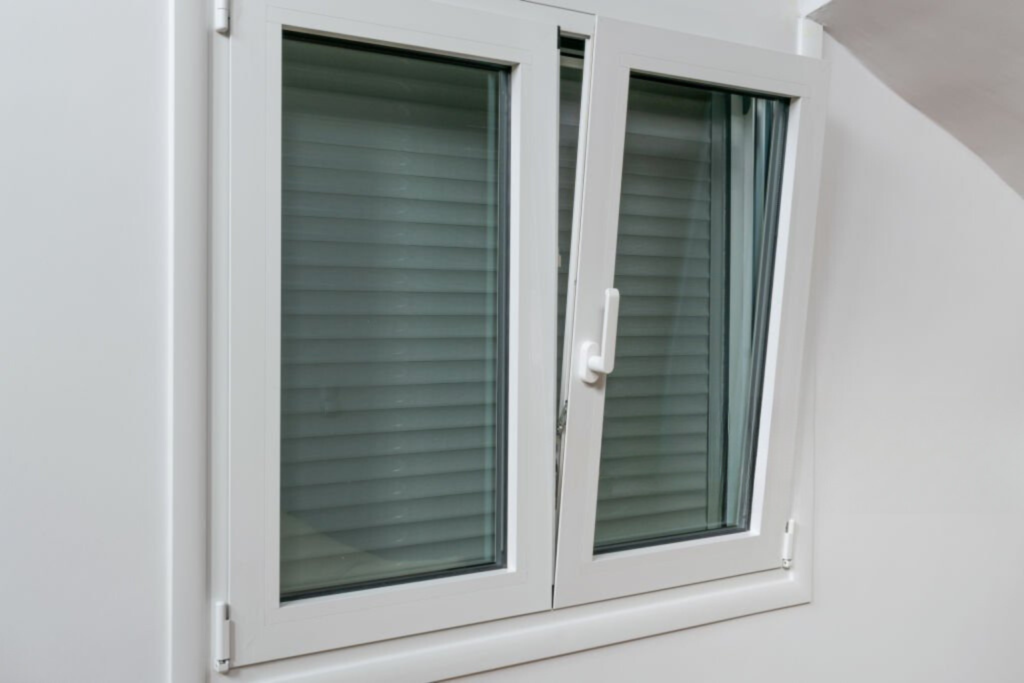At Creation Glazing, we offer a high class selection of this window that combines style, energy efficiency, and durability. Whether you upgrade the windows in your home or a building from scratch, Casemine Windows is designed to meet the needs of the owners of modern homes.
We are committed to conveying windows that mix better aesthetics with unmatched durability. The windows of our UPVC, aluminum, and timber are carefully prepared to ensure smooth operation and an innocent finish. Each window is designed to meet strict conditions and prevent traits with advanced weather seals and high-quality materials. Whether you choose an elegant rinsing window or a timeless log style, our windows are designed to increase energy efficiency, safety, and general value for the coming years of your home.
At Creation Glazing, our double-glazed windows are designed to hold your private home warm all 12 months round. The advanced casement double glazing technology minimizes heat loss within the winter and decreases warmness gain in the summer, helping to decrease your strength bills. With tight seals and precision engineering, our double windows type is also lessen external noise for a greater nonviolent home environment.
Our flush windows provide smooth, modern lines for minimal designs. The French case windows combine -of -time delegance with wide, clear ideas. Flush Rasment’s bay window improves the light and creates a fantastic focal point. Either renovation or building, our UPVC spyle Windows balances style and practical.
At Creation Glazing, we provide endless ways to customize your relaxation window:
Gets each detail to create windows that show your style and needs.

Flush casement windows have quality sleek, flat profiles that align perfectly with the body, creating a smooth, cutting-edge look. They are ideal for modern homes or people with minimalist design possibilities, imparting simplicity and elegance. Built with durable substances like UPVC or aluminum, those windows are low-upkeep, weather-resistant, and designed for long-lasting performance without sacrificing fashion.
French windows are perfect for huge openings, supplying a complicated and elegant design. They don’t have any center bar, considering unobstructed views and an unbroken connection to the outdoors. This layout additionally maximizes air flow, as both sashes open completely to permit sparkling air. Ideal for conventional and contemporary homes, they combine fashion, functionality, and versatility for any area.
Casement home windows, hinged on one facet and beginning outward, integrate fashion with practicality. Double glazing boosts strength efficiency and reduces outside noise, making your private home extra snug.
The glass panes with an insulating gas layer help hold indoor temperatures and block external noise, ideal for busy regions.
Airtight seals and insulated glass entice warm temperature inside, slicing power use and lowering heating bills.
Not sure which fashion suits your house? Speak with our design professionals these days for customized advice.
Feature | Benefit |
Multi-point locking systems | Enhanced security for peace of mind |
Double & triple glazing options | Energy efficiency and noise reduction |
Custom color options | Match your home’s aesthetic |
Advanced weather seals | Prevents drafts and water leaks |
Easy-open hinges & handles | Smooth operation with durable mechanisms |
Explore a category of window materials designed to shape your fashion and wishes. Whether you’re upgrading your property or building a new one, we’ve got options to match every fee range and aesthetic.
Aluminum windows provide a contemporary, fashionable appearance with clean traces, making them great fit for modern homes.
Timber windows convey warm temperature and character to any domestic, combining traditional style with current overall performance.
Our These windows include a notable loose design that incorporates a sense of peace which makes them a perfect fit for your private home.
Our skilled workers ensure a green and easy installation with minimal disruptions to your day-to-day activities. Fittings and measurements are taken care of, so you can enjoy your new home windows with no added stress.
At our company, we put our focus on the value of money. We all know that achieving a good look, comfort and increased energy saving features at your home requires a good amount of investment but with the help of our cost-effective solutions, we optimize all of those features without exceeding your budget.
When selecting casement windows UK homeowners have a variety of options to enhance both aesthetics and functionality. From classic sash and casement windows to modern flush casement windows, each style offers unique benefits. If you prioritize durability and low maintenance, UPVC casement windows provide excellent insulation and weather resistance.
Meanwhile, aluminum casement windows offer a sleek, contemporary look with enhanced strength. Security is also crucial, making window locks for casement windows an essential addition. For added convenience, casement stays for windows help control ventilation while securing your windows in place.
Whether you’re installing a windows casement window in a traditional or modern setting, choosing high-quality materials ensures long-lasting performance and style.

Thinking about upgrading to modern, energy-efficient windows? Our experts at Creation Glazing are here to help you make the best choice for your home.
Free Consultation: We’ll manual you through your options, assisting you pick windows that healthy your fashion, needs, and finances.
No-Obligation Quote: Receive an in depth, obvious estimate with out hidden expenses.
Expert Advice: Our skilled team will solution your questions and advocate the high-quality answers for electricity financial savings and luxury.
Contact Creation Glazing today for your free consultation and quote—experience quality service from start to finish.
A casement window provides excellent ventilation, is easy to operate, and is often placed with double glazing to assist in energy conservation. This kind of window swings out or in like a door and is fixed on two sides like a door
Casement windows are flexible and supplement diverse home styles:
The value of casement home windows varies based totally on material and length:
Creation Glazing — Premier Windows and Doors Installation. Serving with excellence and integrity
Address: HQ Pudsey, Radley House, Richardshaw Road, Grangefield Industrial Estate, Leeds, West Yorkshire. LS28 6LE